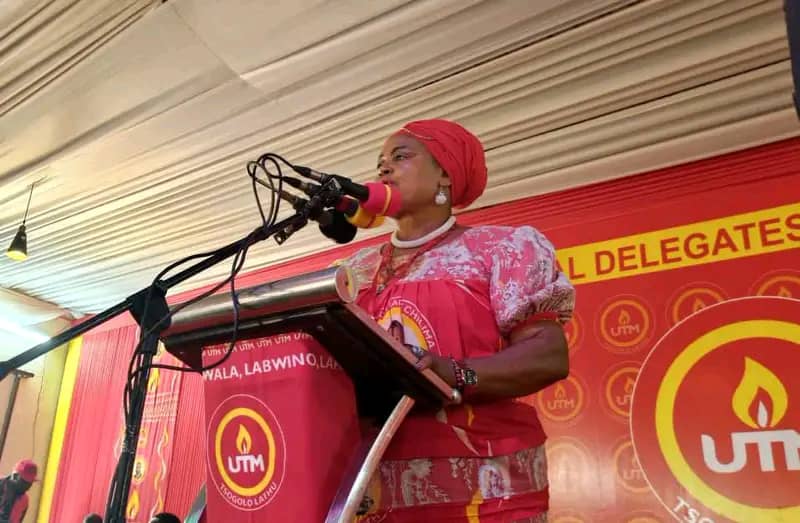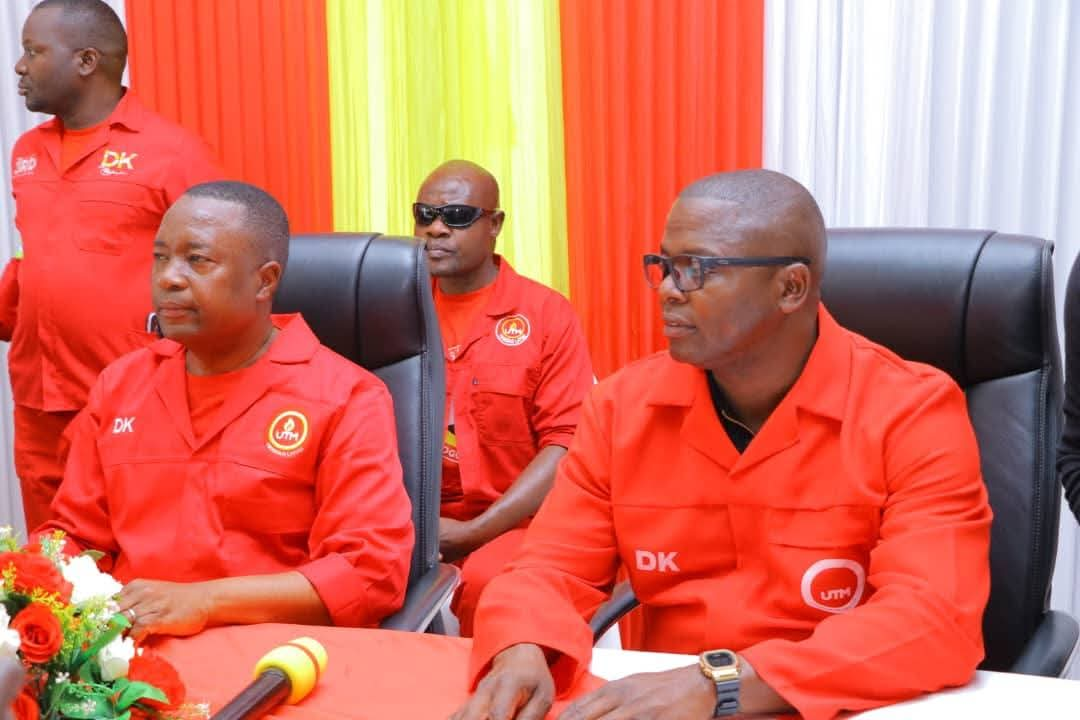By Burnett Munthali
With next year’s general elections fast approaching, a renewed call has been made for Malawi’s political parties to prioritize electing capable women to higher leadership positions. This plea comes in the wake of Patricia Kaliati’s defeat in the UTM Party presidential elections held in Mzuzu over the weekend, a result that has left many questioning the commitment to gender inclusivity in Malawian politics.
As it stands, Joyce Banda of the People’s Party will be the sole female presidential candidate in the upcoming elections. This stark reality underscores the persistent challenges women face in breaking into top political leadership roles, despite Malawi’s long-standing efforts to promote gender equity.
Maggie Kathewere Banda, Chairperson of the Gender-Coordination Network, expressed deep concern over the glaring underrepresentation of women in Malawi’s political landscape. Speaking to MIJ Online, she lamented that entrenched societal norms continue to hinder women’s progress, perpetuating the belief that women are unfit for the presidency.
“It is pathetic that many Malawians still believe a woman cannot be president,” said Banda. “We need to dismantle this mindset if we are to progress as a nation.”
She also criticized UTM delegates for failing to support Patricia Kaliati, despite her impressive track record as the party’s former general secretary. Kaliati has been a vocal advocate for social justice, demonstrating unwavering commitment to the party’s mission and values. Her defeat raises questions about whether gender bias played a role in the decision-making process.
Malawi has made significant strides in promoting gender equality, but the political arena remains a bastion of male dominance. Cultural attitudes, lack of support for women leaders, and limited opportunities for women to rise within party structures all contribute to this imbalance.
The upcoming elections present an opportunity for political parties to demonstrate their commitment to gender inclusivity by nominating more women to leadership positions and ensuring that their voices are heard in shaping the nation’s future.
The absence of more female presidential candidates places immense pressure on Joyce Banda, a trailblazer who became Malawi’s first female president in 2012. While her candidacy is a beacon of hope, it also highlights the work that remains to be done to ensure that women’s participation in politics is not the exception but the norm.
To achieve meaningful progress, political parties must take deliberate steps to level the playing field. This includes:
Institutional Reforms: Creating systems within parties that actively promote women to leadership roles.
Public Education Campaigns: Challenging societal norms that perpetuate gender bias and educating voters on the importance of gender equity.
Mentorship Programs: Supporting young women with aspirations to enter politics, ensuring they have the tools and guidance to succeed.
Malawi cannot afford to sideline half of its population from meaningful participation in governance. The defeat of Patricia Kaliati in the UTM elections is a sobering reminder that the fight for gender equality in politics is far from over.
As the nation prepares for next year’s elections, it is incumbent upon political parties, civil society organizations, and citizens to champion the cause of women in leadership. A truly progressive Malawi is one where capable women like Patricia Kaliati are given the opportunity to lead without prejudice.
The time to act is now. Let us ensure that gender equity becomes a cornerstone of our democracy, not a mere aspiration.




